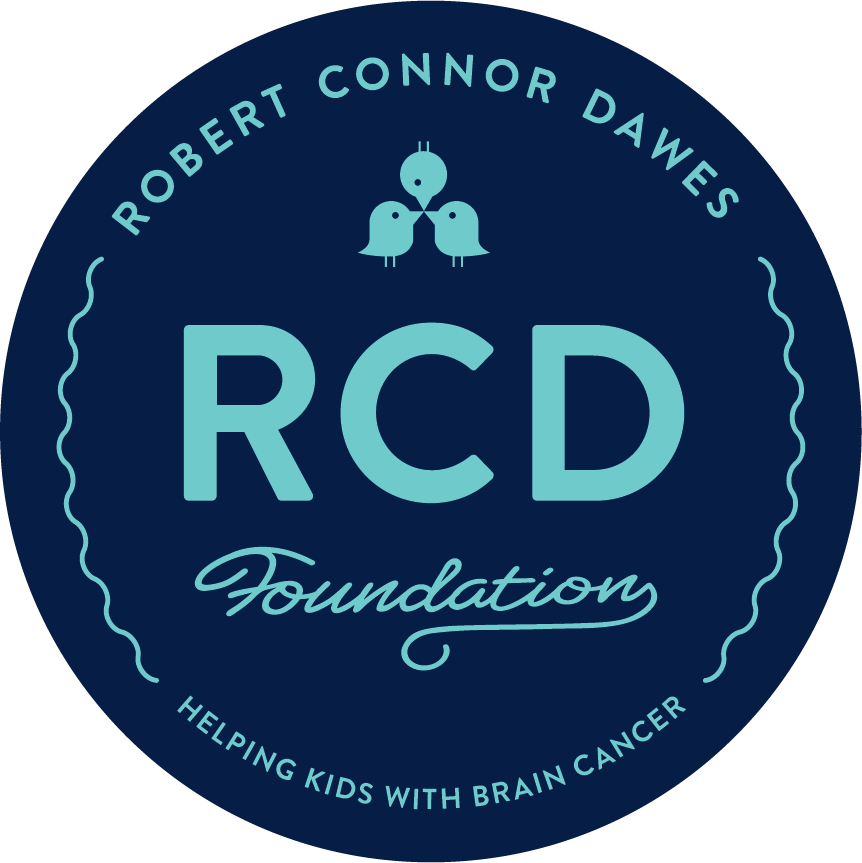BRAIN CANCER VACCINE PROJECT
mRNA Vaccine giving hope to children with brain cancer. A Robert Connor Dawes Foundation Initiative.
Pictured: University of Queensland Research Team
AIM BRAIN PROJECT
Cutting edge diagnostic tool for kids with brain cancer.
Pictured: RCD Foundation Legacy Ambassador Liv Phelan, VCGS and Murdoch Children’s Research Institute Teams, RCDF Head of Research Dr Kim Wark,
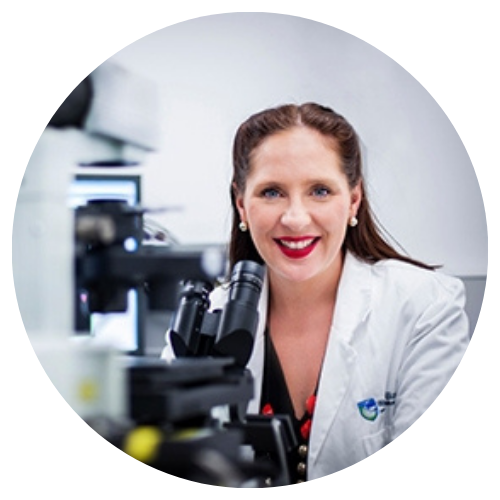
ADVANCING CAR T CELL THERAPY
for children with ependymoma
Building on our previous investment in CAR T cell research in Professor Misty Jenkins laboratory, RCD is now co-funding with the Victorian Government, through the Department of a new PhD project to establish paediatric specific Ependymoma models and produce enhanced, novel CAR T cell therapies to treat ependymoma tumours in children. Ms Milie Desai has already identified and validated over six novel targets and is engineering new CAR T cells for testing. She is currently determining the optimal treatment time.
Pictured: Dr. Misty Jenkins, WEHI

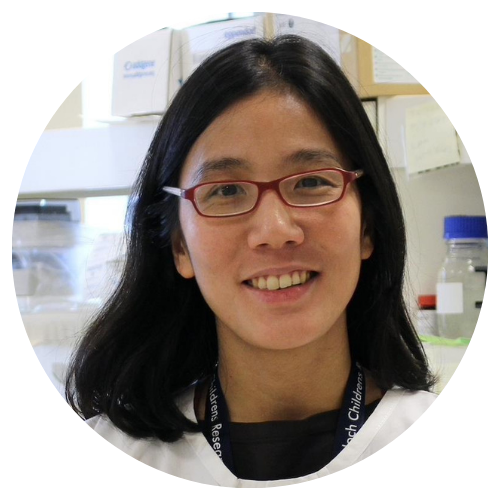
ENABLING PERSONALISED MEDICINE FOR KIDS BRAIN CANCER
to be implemented in the clinic
A molecular oncologist is involved in facilitating precision medicine within the hospital and research environments. The position coordinates information from research programs which characterize the tumour at a genetic level and clinical trials in addition to standard clinical care. After co-funding this position at the Royal Children’s Hospital, Melbourne, for four years, Dr. Dong Anh Khuong Quang has published twelve scientific papers, chaired many committees, contributed to the ZERO Childhood Cancer program, increased workforce capabilities and significantly increased access to clinical trials for kids with brain cancer at the Royal Children’s Hospital and other sites. Most importantly, the hospital now funds this position without philanthropic support.
Thanks to the Money Family for their support, in memory of Gracie.
Pictured: Dr. Dong Anh Khuong Quang

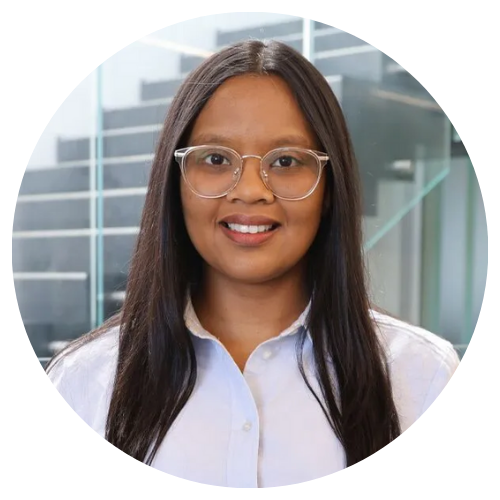
DISCOVERING PAEDIATRIC SPECIFIC DRUG TARGETS
to develop novel therapies
During her PhD studies Ms. Shazia Adjumain has identified an important biomarker (BCL2L1 hypermethylation) which can be used to predict which children with high grade gliomas are most likely to respond to a specific drug therapy (MCL1 inhibitor). These findings are a significant step forward and have been published in a journal, presented at scientific conferences and protected in a patent application. Shazia will formally be awarded her doctorate in early 2025 and is now working as a postdoctoral fellow in Professor Ron Firestein’s laboratory continuing to advance paediatric brain cancer research.
Thanks to the Spotlight Foundation, the Gratzer & Goldstein families and Mister Zimi for supporting this project.
Pictured: Dr. Shazia Adjumain
CLINICAL TRIALS
The RCD Foundation has contributed funding towards eight clinical trials, including:
-
Five trials currently open:
PNOC-019, PNOC-022, DART, CONNECT-1905, CONNECT-2108 -
Two trials in development:
PNOC-029, SJiMB-21 -
One recently closed trial:
LGG-Avastin
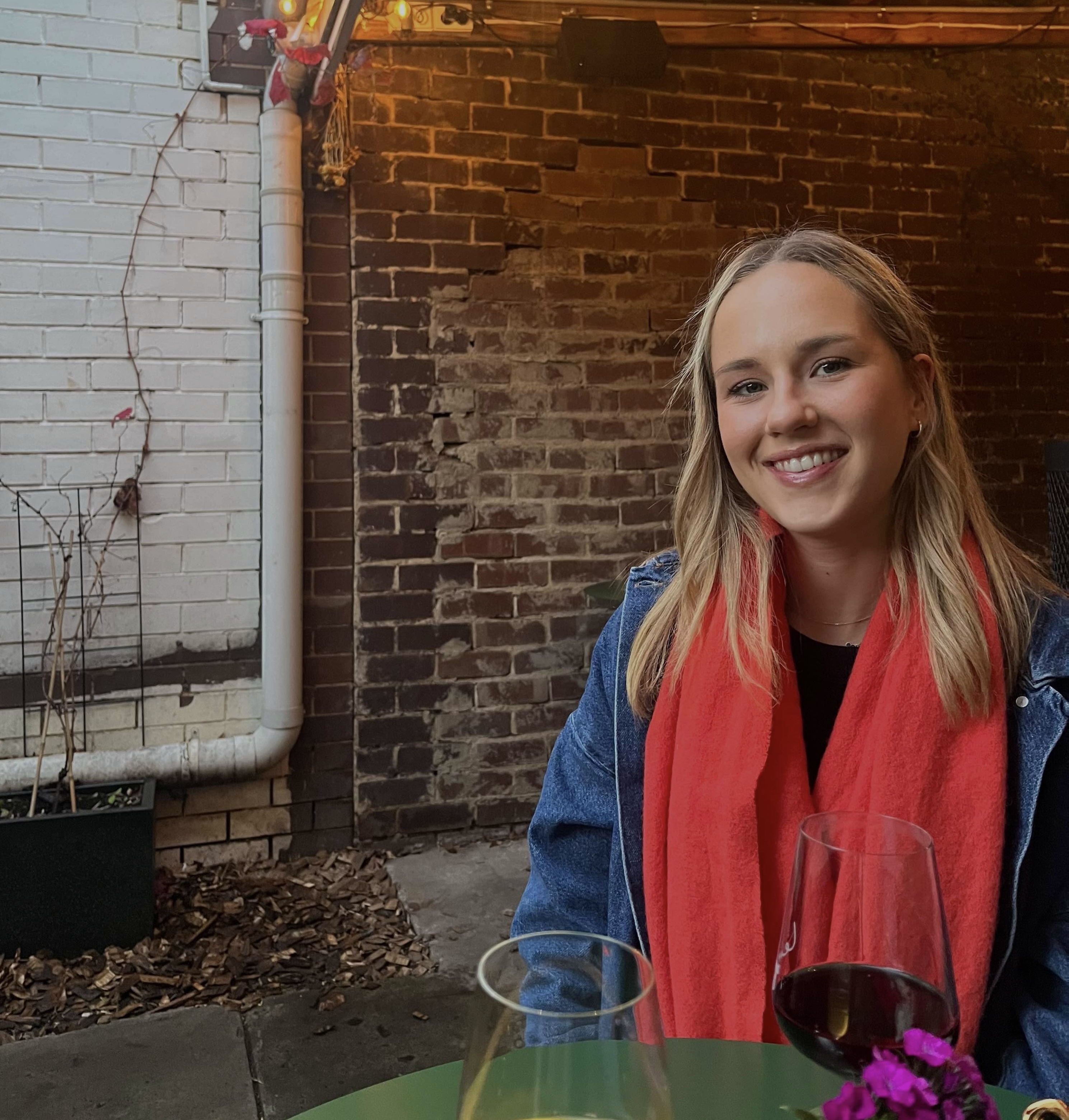
Olivia Phelan, RCD Foundation Legacy Ambassador
NICHE-HGG Trial (PNOC-019):
For children and young adults with recurrent or progressing high grade gliomas (HHG). It is the first study to examine if immunotherapy can help boost the immune response in children with HGG, and will provide preliminary data on changes in patient survival.
Co-funded with Cure Brain Cancer Foundation, with additional funding from Love for Lachie and The Australian Brain Cancer Mission.
Low Grade Glioma (LGG) Avastin Trial:
This study will test the effectiveness of a drug used in combination with chemotherapy in children and adolescences aged 6 months to 18 years old with progressive or inoperable low grade gliomas.
Co-funded with Cancer Australia.
PNOC-022 (DMG-ACT):
It will assess whether adding a new drug (ONC201) in combination with two others (panobinostat and paxalisib) to standard treatments improves outcomes for children, adolescence and young adults with Diffuse Midline Gliomas (including DIPG) at initial diagnosis, post-radiation therapy and at time of progression. Being flexible, it allows others drugs to be rapidly added into the trial we promising research emerges.
Co-funded with Isabella & Marcus Foundation, Australian Communities Foundation, Australian Brain Cancer, Mission and Wayne Francis Charitable Trust

Development Investments
PhDs
5 funded since inception
Scientific Fellowships
5 CERN & RCDF Scientific Fellowship awarded by the National Brain Tumor Society
Postdocs
3 postdoctoral scientists funded since inception
Cancer Consortia
Active supporting members of 4 internationally recognised paediatric brain cancer consortia
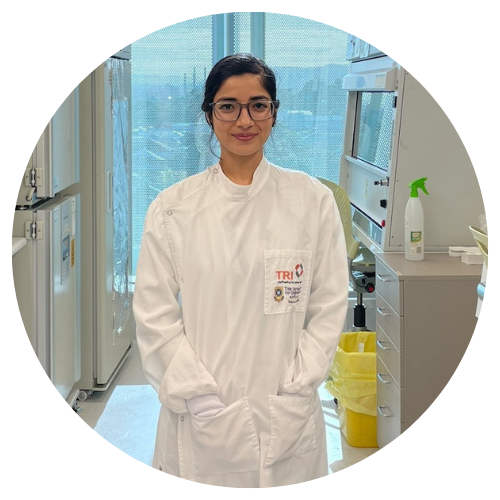
PARTNERING FOR IMPACT WITH CERN
Working towards effective, targeted treatment for ependymoma
In a unique round, the Fellowship was advertised to accelerate the formation of the first ependymoma focused research team in Australia.
The project aims to develop and test an RNA vaccine against recurrent ependymoma tumours. The position will also work closely with colleagues in the University’s Ian Frazer Centre for Children’s Immunotherapy Research As part of her work, Dr. Samreen Shaikh will travel to Professor Eric Holland’s laboratory at the Fred Hutchinson Cancer Centre in Seattle, Washington, in the United States, to learn how to create, maintain and use validated ependymoma animal models, which are critical to the project’s success.
Together with tumour tissue samples, she will validate the vaccine and generate the necessary data to translate it into a phase one clinical trial. The project has already partnered with an international mRNA vaccine company and manufacturer to provide all the necessary translational components. READ MORE
Pictured: Dr. Samreen Shaikh

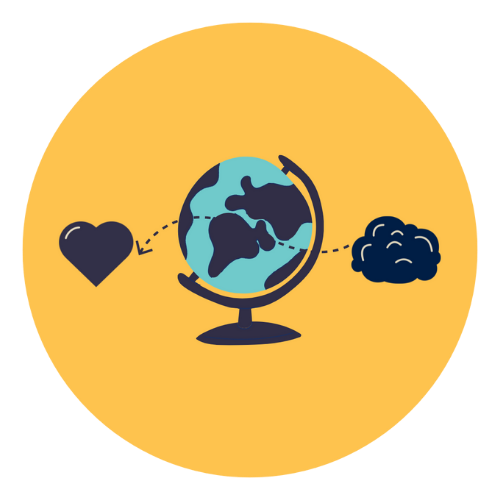
ENABLING THE BRIGHTEST & BEST MINDS TO CONVERGE
& advance global paediatric brain cancer research
Sponsorship and support for 24 local, national and internationally recognised conferences, symposiums or meetings, enabling knowledge exchange and fostering research collaborations. The funding of these key industry conferences such as the Ependymoma Science Meeting (EpCam) in Cambridge, UK, which has resulted in a number of research collaborations directly stemming from this important conference sponsored by the RCD Foundation.
We have also increased global reach and collaboration through our funding of 41 researcher travel grants awarded to Australian researchers to ensure they can attend and present at key national and international conferences.

